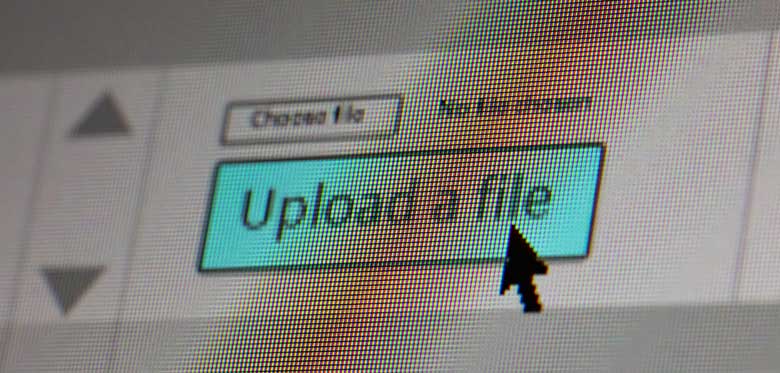Due to advances in technology and the increased use of social media by nearly everyone in the country most people have the means to share images widely. It is very easy for a person, in haste, to post something online which they later regret. Sometimes this can be a crime.
In 2014, a number of UK charities campaigned for a change in the law, highlighting that the issue of photographs and videos being uploaded on revenge porn websites.
What is revenge porn?
"Revenge porn" refers to the sharing of intimate, sexual images or videos of a person without their consent, typically by an ex-partner, to cause distress or harm.
Is revenge porn a crime?
Revenge porn, which involves sharing intimate images of someone without their consent, is illegal. It is a crime under the Criminal Justice and Courts Act 2015, and perpetrators can face serious legal consequences.
What is the law on revenge porn?
Since 2015 in England and Wales, it has been an offence for someone to share a private sexual image or video (online or offline) of someone without their consent and with the intention of causing them distress. Under Section 33 of the Criminal Justice and Court Act 2015, this offence is punishable by up to two years in prison.
Dispatching explicit or nude photographs of this nature might, subject to circumstances, constitute an offence under the Communications Act 2003 or the Malicious Communications Act 1988. Should such behaviour persist, it may also be considered an offence of harassment under the Protection from Harassment Act 1997.
Revenge porn is also known by the term, ‘image based sexual abuse’ and refers to private sexual videos or photos of someone shared online or offline without that person’s consent.
If the images or videos are shared without the consent of the person or persons involved, with the intention of causing distress, and have content which could be considered private and sexual, the person who shares it could be fined and be sentenced to imprisonment if they are found guilty of this offence. It can also be an offence for other people to share the image(s) or video with others, even if they were not the person to first share it.
Although the police and prosecutors had the power to deal with such offences under different legislation (Communications Act 2003, the Malicious Communications Act 1988 or Protection from Harassment Act 1997), the legislation introduced in 2015 made sharing of such images or films a specific offence in its own right and covered all social media platforms and electronic communication.
Section 33(1) states:
It is an offence for a person to disclose a private sexual photograph or film if the disclosure is made (a) without the consent of an individual who appears in the photograph or film, and
(b) with the intention of causing that individual distress.
What does private/ sexual mean?
If the photograph or film shows something that is not ordinarily seen in public, then it is deemed to be private. The photograph or image would be sexual if it shows part of that person’s genitals or private areas or if a reasonable person seeing that image or video believes it to be sexual.
What defences are there to this offence?
The legislation does provide various defences within the act:
It is not an offence under this section for the person to disclose the photograph or film to the individual shown in the photo or film
It is a defence for a person charged with an offence under this section to prove that he or she reasonably believed that the disclosure was necessary for the purposes of preventing, detecting or investigating crime
It is a defence for a person charged with an offence under this section to show that the disclosure was made in the course of, or with a view to, the publication of journalistic material, and he or she reasonably believed that it was in the public interest
It is a defence for a person charged with an offence under this section to show that he or she reasonably believed that the photograph or film had previously been disclosed for reward, whether by the individual or another person, and he or she had no reason to believe that the previous disclosure for reward was made without the consent of the individual.
What sentence could someone receive for this offence?
A person found guilty of this offence can be sentenced to a period of imprisonment of up to two years. Therefore, it is imperative that individuals are aware of this criminal offence and seek legal advice from a firm which specialises in this area of law.
Recent case:
I was instructed to represent a client who had sent a naked photograph of an ex-partner to one of her friends when she did not repay the money which he was owed by her. After careful consideration of the evidence, I advised my client that he should enter a guilty plea at the earliest opportunity to obtain as much credit as possible. I mitigated on the client’s behalf during the sentencing hearing which resulted in the client receiving a community order.
How can Stephensons help you?
Our talented team of solicitors have experience helping clients with this relatively new area of law, offering informed advice and support if you have been charged with an offence of this nature. If you are under investigation for a revenge porn offence please do not hesitate to contact us for confidential initial advice on 01616 966 229 or complete our online enquiry form.




Comments